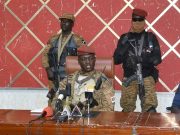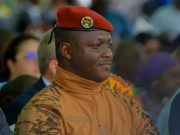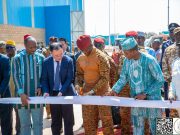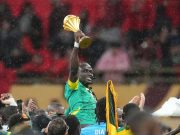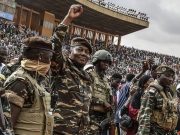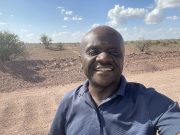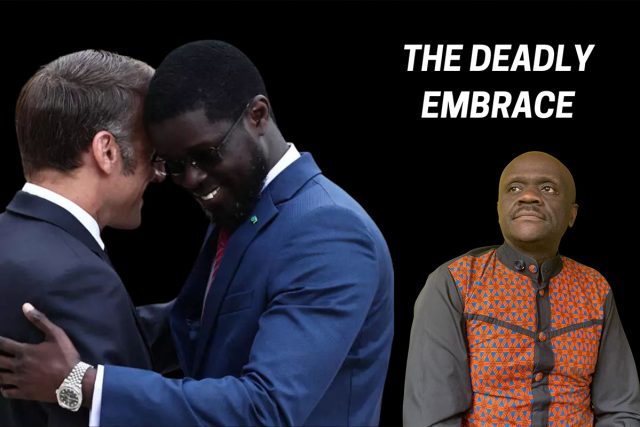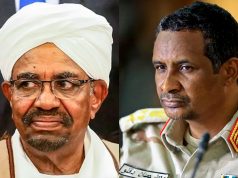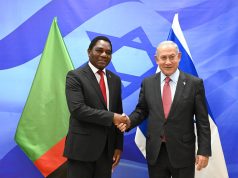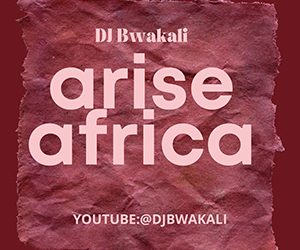I remember the first time I landed in Dakar. The light felt like brass on the skin and the air tasted faintly of salt and bissap. On Gorée Island the stones seemed to whisper, and I left with a vow to take Africa’s sovereignty personally. That is why I watched, with sharpened attention, when on 27 August President Bassirou Diomaye Faye sat for breakfast at the Élysée with President Emmanuel Macron. Breakfast is not a crime. But in a continent where form often disguises substance, rituals matter. Photographs matter. Silence matters. And what I saw was an old ritual replayed by a leader elected to end old rituals.
I am a student of Françafrique, not only through books and archives but through the lived geography of our ports, our currencies, and our political economies. Françafrique is not a ghost story. It is a system. It is a habit of unequal deals and unequal voice that turns African sovereignty into negotiable paper. When I hear the language of “warm welcomes” and “reviewing cooperation,” I hear the vocabulary of continuity. The polite murmur of status quo. That is not what Senegal voted for, and it is not what Africa needs.
Let us start at two breakfast tables. At the Élysée, conversation flows over porcelain. In Dakar, Touba, and Ziguinchor, conversation stalls over bills. Mothers ask how to stretch rice for one more day. Fishermen ask why the sea gives less even as foreign trawlers take more. Graduates ask whether their degrees are passports to work or tickets to nowhere. If the Élysée breakfast does not translate into cheaper cooking oil, fuller nets, and visible jobs, then it is only choreography. Leadership is not the staging of meetings. Leadership is the conversion of meetings into measurable gains for citizens.
Security is the second course that always arrives. We are told of defense and stability. We must ask: stability for whom and on whose terms. The Sahel has been a theatre where external agendas and local fragilities multiply each other. Any new security arrangement that does not strengthen African command, African doctrine, and African accountability will only reinforce dependency. If French hardware and training remain the spine of Senegalese security, then Paris will remain the invisible veto in Dakar’s strategic choices. A sovereign security architecture cannot be outsourced, even to a partner that smiles.
Trade and investment arrive as a shiny dessert. Yet Africa knows the bitter aftertaste of extraction dressed as partnership. The test is simple. Do our agreements lock in local value addition, technology transfer, and African ownership, or do they repackage raw export and finished import in friendlier language. Announce the numbers if they exist. How many Senegalese firms will hold equity in each new project. What percentage of procurement will be local. What penalties apply if targets are missed. Without such clauses, “partnership” is a slogan and not a model.
Now we must name the nerve that runs through the Francophone body politic: the CFA franc. It is not a technicality. It is a political instrument dressed as a currency. It stabilizes, we are told, yet it also disciplines African economies to external priorities. Monetary policy without democratic control is not policy. It is instruction. If President Faye wants to convert pageantry into history, the roadmap must be explicit, dated, and public. Month by month, who does what, and when do Senegalese decisions on money become fully Senegalese. A currency transition is complex. It requires buffers, reserves, legal reforms, payment systems, and citizen communication. Announce the sequence. Invite continental expertise. Open the process to public scrutiny. Nothing will electrify African youth more than seeing a leader take monetary sovereignty out of the realm of slogans and into the calendar of government.
There is also a cognitive piece to sovereignty. Françafrique endured not only through contracts but through habits of mind. Our elites learned to negotiate in French to be heard by Paris rather than by their own citizens. Our ministries learned to write for donors rather than design for users. A rupture requires more than different talking points. It requires different reflexes. Publish the cooperation portfolio online in full. List every agreement, its value, its term, its beneficiaries, its penalties for non-compliance, and its independent auditors. Mandate citizen oversight committees for fisheries, mining, and energy. A president who opens the books is a president who resets the relationship.
What then should a transformative visit to Paris look like. It should begin with a mandate from home. Not a vague “review,” but a precise instruction from citizens translated into policy. It should demand reciprocity, not courtesy. It should insert sunset clauses into every arrangement. It should make African legal jurisdiction the default, not the exception. It should prioritize African industrialization over European procurement. It should be prepared, if necessary, to walk away. Sovereignty has a price, but servility has a greater one.
To be fair and to be rigorous, I allow for strategy. Perhaps this breakfast was a prelude to a harder conversation. Perhaps public softness masks private steel. If so, then the steel must soon be heard and seen. Announce concrete timelines for renegotiating fisheries access so that Senegalese boats are not museum pieces on their own coastline. Publish a list of French military or intelligence footprints on Senegalese soil and the plan to place them under full Senegalese command or to close them. Set a date for the first public hearing on the currency roadmap, with independent economists and civil society in the same room. Commit to an annual address on foreign economic deals where the president reports not only promises but performance.
History has a stubborn memory. Foccart’s phone calls, Elf’s scandals, the old networks of the postcolonial pact. They taught Africa to distrust displays of intimacy with the Élysée. President Faye was elected as a correction to that memory. He was not elected to rehearse it. When he shook Macron’s hand, millions of Africans looked for the tremor of change in his grip. We will judge not the photo but the follow-through. Not the words but the architecture built from them.
I do not write this as a cynic. I write as a believer in Senegal, and in a pan-African future where cooperation is horizontal and transparent. I want the president to succeed because Senegal’s rise will lift West Africa’s horizon. But success will not come from the choreography of diplomacy. It will come from the engineering of policy. It will come from the courage to be specific.
So here is a simple framework for accountability that any citizen can use. One, money. Is Senegal decisively on a dated path to monetary sovereignty, with milestones visible to the public. Two, markets. Do trade and investment agreements increase local value addition by law, not by promise. Three, muscle. Are security arrangements African-led in command and doctrine, with external help subordinated to national strategy. Four, memory. Are we declassifying the old cooperation files and publishing the new ones so that the next generation inherits knowledge rather than rumors.
If within twelve months these answers are visible, then 27 August will be remembered not as a polite breakfast but as the first page in a new chapter. If they are not, then the breakfast will pass into the archive of old rituals that fed elites and starved citizens.
Mr. President, we are not against diplomacy. We are against diplomacy without dividends. You met Macron over croissants at the Élysée. Fine. Now serve your people something nourishing: hard timelines, transparent texts, measurable jobs, and a currency path that frees our future. Anything less is ceremony without sovereignty. Africa has outgrown ceremonies. We are ready for substance.
